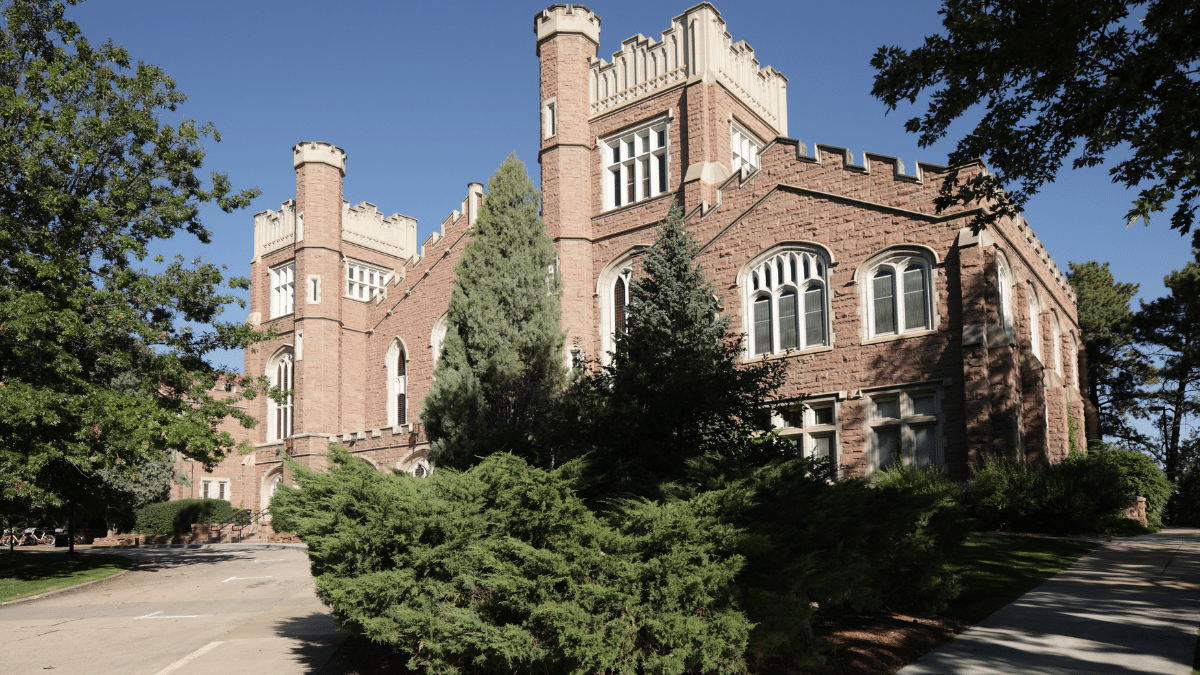Appeals Court Upholds Degree Revocation

On December 2, 2021, the Colorado State Court of Appeals ruled in favor of the Regents of the University of Colorado and affirmed that they did not act improperly in revoking the degree of former student Casey Martin.
Though seemingly a minor decision, the ruling puts to rest a 10-year dispute dealing with plagiarism, allegations of bias and an academic enforcement system that seems to have been ill-equipped to deal with this kind of case.
It also offers an important lesson to other schools and universities to handle these disputes with great care and to have well-thought-out policies in place in advance of such issues.
To understand why this case is so important, we have to start by taking a look at the case itself and understand the process through which both the school and the courts reached their decisions.
Background of the Case
The story begins in mid-2012. Then, Martin was a student at the school’s Asian Languages and Civilizations graduate program. However, he spent a year studying at Sophia University in Tokyo, where he befriended another student, Justin Aukema.
That year, Aukema defended his thesis and, a few months later, Martin defended his. Martin would go on to receive his master’s degree in May 2013.
However, in March 2014, Aukema read Martin’s thesis and reached the conclusion that Martin had plagiarized his work. This prompted a professor at Sophia University to notify Colorado University about the issue.
The matter went before Colorado University’s Honor Code Council, which found that Martin had committed plagiarism. However, that decision was overturned on the grounds of “inconsistencies with the established hearing process.” For Martin, this decision was an “exoneration” and he viewed it as the end of the matter.
However, the school was not done with Martin at this point. At the encouragement of the school’s research integrity officer, Aukema filed a complaint with the Standing Committee on Research Misconduct, a separate entity at the school that investigates plagiarism specifically related to research and non-course related work.
That council found “ample evidence” for a full investigation. Martin participated in that investigation, providing some 600 pages of evidence, including proof that his research project began before Aukema’s. However, other factors weighed against him including formatting errors that indicated plagiarism and questions whether Martin’s language mastery was great enough to interpret the sources he cited.
Eventually, the council decided to invalidate the thesis and revoke Martin’s degree. That decision was appealed to the Regents, which conducted an additional investigation, and they ultimately decided to uphold the council’s decision.
That prompted Martin to file the lawsuit. He alleged that the CU system violated his right to due process and that there was significant bias against him.
However, the district court upheld the school’s decision, saying that Martin had ample opportunity to plead his case, noting that the review ultimately included 26 different people. While the court did agree some involved in the process were likely biased against Martin, ultimately there was no evidence of bias by the Regents, who were the final decision makers.
That decision was upheld by the state Appeals Court, which brings us to where the case is today.
But while the case is most likely over, it still has a long list of both questions and lessons that schools and students alike should be analyzing.
Lessons to be Learned
As we discussed in 2018, revoking or rescinding a degree is a rare and drastic step that schools rarely undertake. For example, Kyoto University revoked its first doctorate ever in May 2021, despite a 124-year history before that.
Typically, when some form of academic dishonesty is discovered after a degree is awarded, schools attempt to find some other means to rectify the issue. Revoking a degree is usually reserved for severe cases where there’s no other way to fully address the problem.
However, even among the already strange world of degree revocation cases, this one stands out. With the publicly available evidence, there’s no way to be certain what exactly happened. The case largely boils down to the word of Aukema and Martin as they have accused each other of plagiarism in this matter.
Due to their friendship and period of collaboration, there’s no doubt that their work is intertwined. This makes determining who plagiarized from whom to be a very difficult under the best of circumstances and these were not the best of circumstances.
To that end, the university did itself no favors. Martin was essentially put through two separate judicial processes. The first, the Honor Code Council, ruled in favor or revoking Martin’s degree, but that was overturned on a technicality. Though not the “exoneration” Martin claims it to be, it is a major win for him, and it makes it unclear why the school took a second pass at it with a different board.
While it’s easy to see how a graduate thesis might be under the jurisdiction of both councils, it is a piece of research that is performed as part of earning a degree, one or the other should have had clear jurisdiction over this matter.
Taking it to both council simply gives the impression the school was not satisfied with the first ruling and simply wanted to try again.
That said, every council that heard the case ruled against Martin. His only victory was on a technicality, not based on the evidence presented.
With that in mind, the court’s decision isn’t particularly surprising. As flawed as the process was, courts are very reluctant to overturn academic tribunal decisions, especially in the United States, and there was no evidence that the final decision was improper.
Still, this case never needed to come this far. A clear policy for handling these matters and a transparent process would have gone a long way to eliminating any doubt that the process was fair. While it may not prevent lawsuits from disgruntled former students, it goes a long way to ensuring that the courts don’t have any serious questions to weigh.
Bottom Line
Universities need to take this case to heart. Everything about CU’s response to this case gives an impression of chaos and a lack of certainty. It was tried under two different processes, one of which was tossed because of a failure to follow the process, and it ultimately dragged on for so long that it casts a great deal of uncertainty and confusion about the findings.
No matter how clear the evidence is, or the findings are, a chaotic process casts doubt on them. Even though the decision is final, there will always be a cloud over it.
Preventing that kind of cloud requires advance planning. Schools need to prepare now for exactly these kinds of cases. They need to determine who is ultimately responsible for addressing it, what the process for doing so is and who has the final power to make a decision.
Making those decisions now, before a problem arises, helps ensure that, when and if something does happened, it is handled quickly, fairly and with certainty that everyone was treated fairly.
Want to Reuse or Republish this Content?
If you want to feature this article in your site, classroom or elsewhere, just let us know! We usually grant permission within 24 hours.
